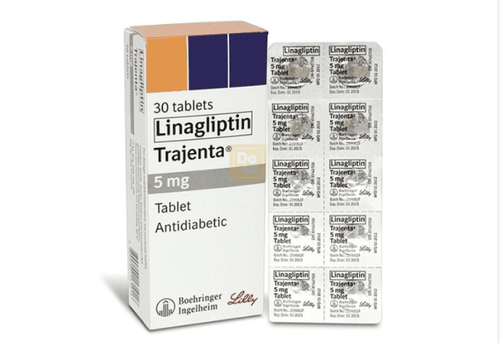This is an automatically translated article.
We may have cravings during pregnancy or even no morning sickness during pregnancy. However, most people during pregnancy experience some form of morning sickness. Some people due to fatigue from morning sickness during pregnancy have no appetite. However, is that good? Let's find the answer in the article below.
1. Explain the phenomenon of morning sickness during pregnancy
Morning sickness is considered a reaction when the hormone HCG is high during pregnancy. In addition, some other hormones also increase rapidly, causing the body to fall into an imbalanced state. You can feel nauseous at any time, but it's worst early in the morning.
Most women will experience morning sickness during the first 3 months of pregnancy. After that, morning sickness will go away when they are between 16 - 20 weeks. According to research, morning sickness during pregnancy is different for each person. Some people do not have morning sickness during pregnancy, others have morning sickness in the first 3 months or until childbirth.
2. Some methods to deal with morning sickness at home or at work
Morning sickness is considered a normal physiological phenomenon to detect the arrival of the fetus. However, some mothers will be tired or have difficulty with prolonged morning sickness. Because science has not been able to find the best solution to reduce symptoms of morning sickness, you can try some of the following tips:
Eat smaller meals: Eat less and increase the number of meals. Rest: When you're tired or stressed, morning sickness gets worse. Limit foods containing sugar or saturated fat: Sweets, red meat, chocolate,... Add carb-containing foods to increase cravings during pregnancy. Stay away from foods that make you feel nauseous. Try a light breakfast with a slice of bread. Use more ginger in your food and drink. Acupressure to relax and relieve nausea.

Nghén khi mang thai bạn có thể thêm chút gừng vào đồ uống.
3. Some symptoms and treatment of morning sickness for pregnant women
Morning sickness leads to loss of appetite during pregnancy and can endanger the health of both mother and baby. You can consult your doctor for advice on using products to reduce morning sickness to help improve this condition. If there's no way to relieve morning sickness, you may have hyperemesis gravidarum. This is a syndrome that causes persistent nausea throughout pregnancy. In addition to nausea and fever, you may have some other symptoms such as:
Dark urine . Frequently feeling the need to urinate. Feeling dizzy and tired. Weight decreased. Vomiting blood. Body temperature increases. Blood pressure increases. If this condition persists, you can become dehydrated leading to many worse problems. Usually, when morning sickness persists during pregnancy, you can use some medications as advised by your doctor. Antiemetics or steroids can be used without danger to the pregnancy. You can also take prescription vitamin B supplements to increase your pregnancy cravings.
Nausea makes you feel bad and vice versa, loving yourself improves your mood and nausea. For cases of prolonged morning sickness, your doctor may ask you to be hospitalized for easy monitoring and early treatment.

Nghén khi mang thai kéo dài, mẹ bầu cần gặp bác sĩ ngay.
4. Is no appetite during pregnancy normal or abnormal?
No appetite during pregnancy is an abnormal and harmful expression for pregnant women's health. However, depending on the case, cravings can be good or bad. In fact, not eating starches and sugars can benefit both mother and baby. When you eliminate sugar and starch, you will be able to build a safer and healthier menu. As a result, the fetus will be provided with adequate nutrition for development. Providing the right and enough nutrients for the fetus also limits obesity or gestational diabetes in women.
Currently, experts have not really found the cause of cravings during pregnancy. However, some think the cause is in hormones. When you enter pregnancy, your body will be extremely sensitive, making everything change completely. The strong development of taste and smell can be the cause of unusual cravings.
Others think it's because your body lacks nutrients, so you have cravings. However, it has not been published because it cannot be explained on scientific grounds.
Please follow the website: Vinmec.com regularly to update many other useful information.
Please dial HOTLINE for more information or register for an appointment HERE. Download MyVinmec app to make appointments faster and to manage your bookings easily.
References: babycentre.co.uk, tommys.org












